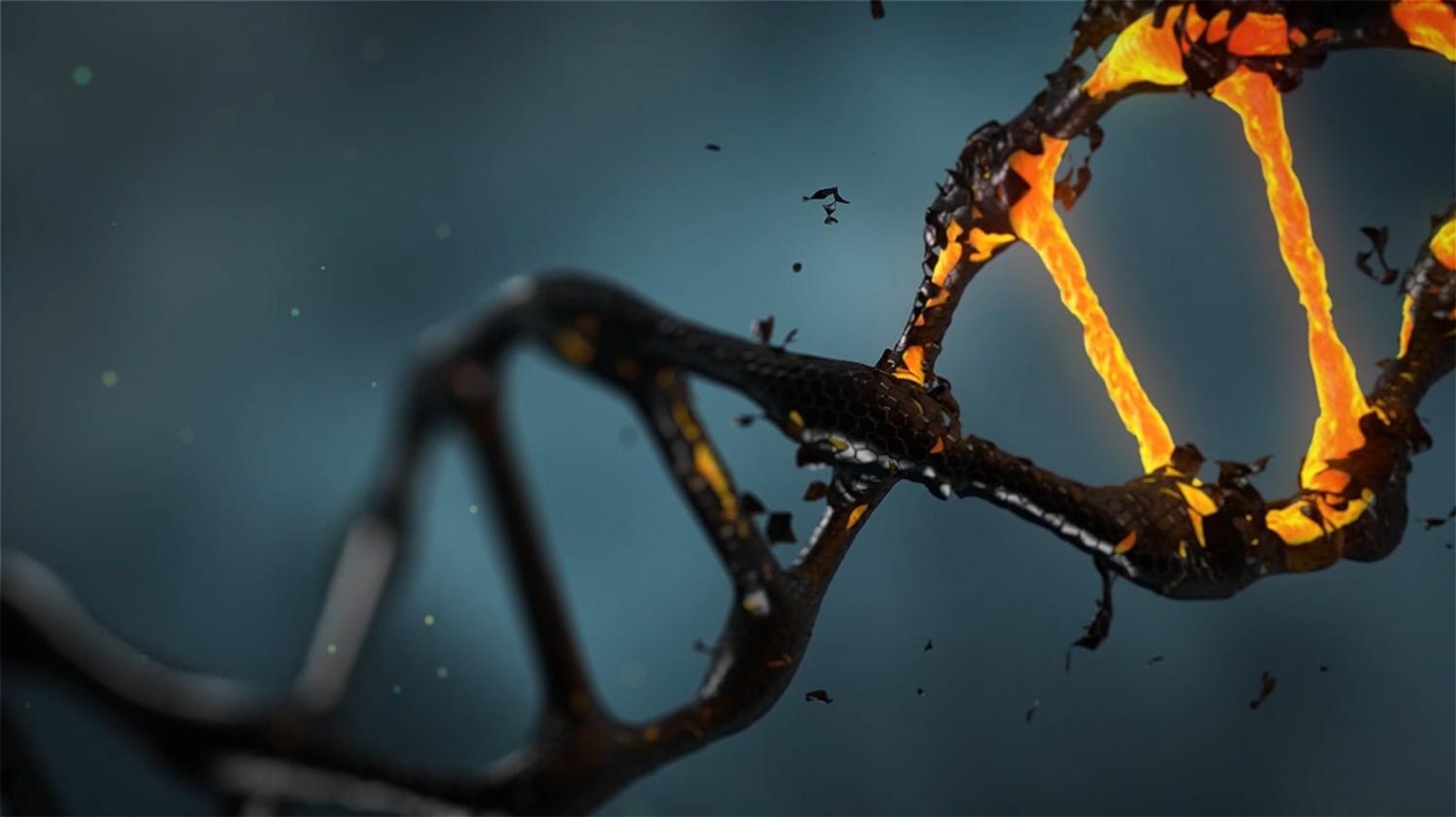
A new Peter Mac study using a pioneering drug has successfully controlled the growth of tumors and overcome existing drug resistance in multiple cancer types.
An enzyme critically associated with tumor growth, called cyclin-dependent kinase 2 (CDK2), has long been a target for researchers but it has been incredibly difficult to create a therapeutic drug that can successfully inhibit it.
This new research, published in Cancer Discovery this week, describes a potent and selective CDK2 inhibitor called INX-315, developed by US-based company Incyclix Bio. Senior author of the study, Peter Mac’s Associate Professor Shom Goel, said the drug has shown control of tumor growth in two groups of cancer in preclinical models.
“Our study shows, for the first time, that inhibiting CDK2 pharmacologically is a very promising strategy for two groups of high-risk cancers,” he said.
INX-315 works in a group of cancers with amplification of the CCNE1 gene, which comprises a variety of cancers including some ovarian, gastro-esophageal and uterine cancers. The amplification of this gene is linked to an increase in CDK2 activity. INX-315 inhibits CDK2 and blocks abberant cell proliferaion which causes the growth of these tumors.
Additionally, the drug works in breast cancers that have acquired resistance to CDK4/6 inhibitors, which are used to treat many patients with metastatic breast cancer. INX-315 can overcome this resistance, also stopping cancer cell division.
“We are excited by this research because these cancer types with amplification of the CCNE1 gene generally carry a poor prognosis and are notoriously unresponsive to current therapies,” Goel said.
“Unfortunately, breast cancers often develop resistance to CDK4/6 inhibitors over time. However, in our study, we show that this resistance can be driven by CDK2, and that INX-315 works to combat this.
“The research also sheds light on important questions related to cell cycle biology and drug resistance in cancer, and is the first published paper describing the effects of a CDK2 inhibitor in cancer.”
In an exciting step, INX-315 has entered clinical development with a first-in-human trial (NCT05735080) led by Peter Mac clinician researcher, Dr. George Au-Yeung.
Incyclix Bio CEO and co-senior author of the study, Patrick Roberts, said the collaboration between Peter Mac and Incyclix Bio is crucial to bringing innovative treatments to as many cancer patients as possible.
“We are thrilled with the results of this study that brings these two institutions together to create successful outcomes in the treatment of cancer,” Patrick said.
“CDK2 is a critical target in oncology with broad clinical potential across multiple cancer types, including treatment-resistant cancers. We’re excited to advance INX-315 to bring a new therapeutic options to patients with difficult-to-treat cancer.”
More information:
Catherine Dietrich et al, INX-315, a selective CDK2 inhibitor, induces cell cycle arrest and senescence in solid tumors, Cancer Discovery (2023). DOI: 10.1158/2159-8290.CD-23-0954
Journal information:
Cancer Discovery
Source: Read Full Article
